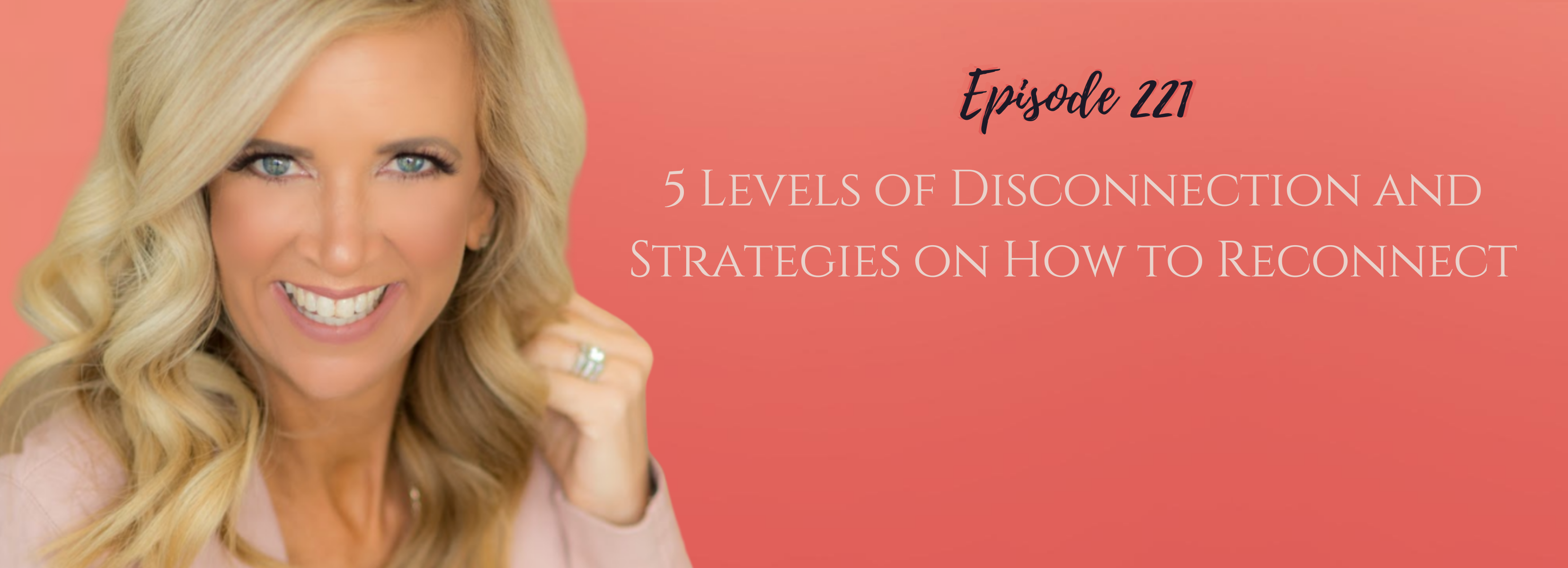
5 Levels of Disconnection and Strategies on How to Reconnect with Dr. Karol Darsa| 7.12.2023
In this episode, Kristen welcomes Dr. Karol Darsa, the author of "The Trauma Map" to discuss her book and the five steps to reconnecting with oneself. They explore the journey many individuals go through to shed beliefs that no longer serve them and work through their past to live more fully in the present.
You'll Learn
- The five levels of disconnect caused by trauma: body, heart, head, others, and a bigger picture.
- How trauma can impact our ability to connect with ourselves and others.
- Assessment methods to identify and address these disconnects.
- Strategies for reconnecting with your body, emotions, thoughts, relationships, and sense of purpose.
- The importance of healing from trauma and fostering a more fulfilling life.
Resources
For counseling services near Indianapolis, IN, visit www.pathwaystohealingcounseling.com.
Subscribe and Get a free 5-day journal at www.kristendboice.com/freeresources to begin closing the chapter on what doesn’t serve you and open the door to the real you.
Subscribe to the Close the Chapter YouTube Channel
This information is being provided to you for educational and informational purposes only. It is being provided to you to educate you about ideas on stress management and as a self-help tool for your own use. It is not psychotherapy/counseling in any form.